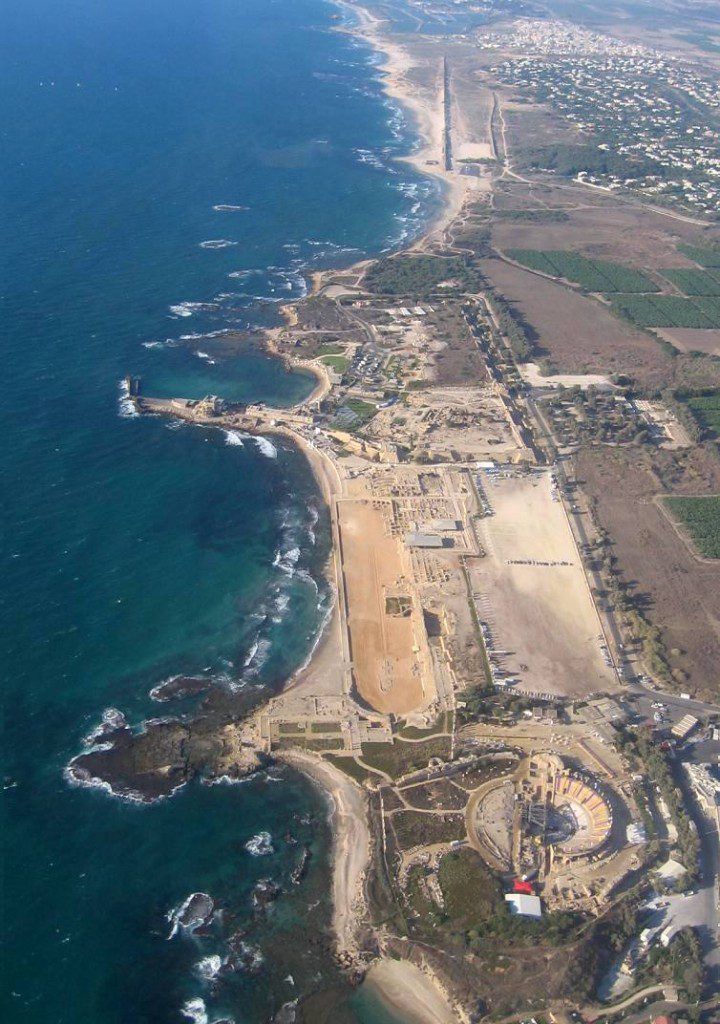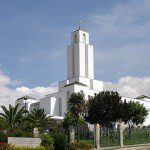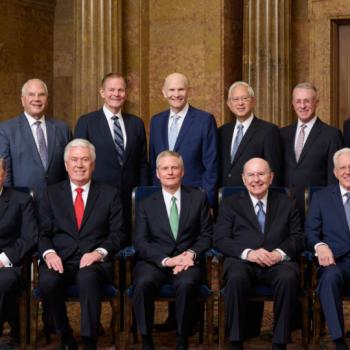
(Wikimedia Commons public domain image)
Newly posted on the website of the Interpreter Foundation:
Interpreter Radio Show — May 17, 2020
The 17 May 2020 broadcast of the Interpreter Radio Show featured Bruce Webster, Kris Frederickson, and Mike Parker. In this episode, they discussed returning to church worship in the midst of a pandemic as well as newly announced temples. Also featured, during the second hour of the program, was a roundtable on the upcoming Come, Follow Me Book of Mormon lesson #24 on Alma 13-16.
***
Those who are still cultivating their Christopher Hitchens Memorial “How Religion Poisons Everything” Files will find rich material at this link:
Latter-day Saints Around the World: Country Newsroom Websites, May 22, 2020
And maybe something good can be wrested out of this article, too. It’s a pretty horrifying tale:
“How 1 Latter-day Saint Farmer’s Decision to Give Away 2 Million Potatoes Had a Worldwide Impact”
By internet standards, this next item is hoary with age. Still, it might be possible to locate something in it for your Hitchens files:
“5 reasons why Mormons are happier, says researcher”
***
Organizing some of my books this morning — I typically make a stab at organizing my books and papers approximately once a decade, provided that it coincides with a global pandemic — I came across a little paperback volume by William Sanford LaSor. Here are a couple of passages from William Sanford LaSor, Men Who Knew Christ (Glendale, California: G/L Regal Books, 1971):
If you were going to launch a worldwide movement, when would you do it? You would probably wait until the political factors were just right. The ideal time wold be when there was no war, and when communication was easy to all parts of the world. You would wait until the cultural factors were right. You would desire a minimum language barrier. You would look for ease in the spreading of ideas. And if the movement you were to launch happened to be a religious movement, you would feel that even the religious scene needed to be prepared. (1)
Perhaps for the only time in the history of the world there was an extended period of universal peace. If Jesus Christ had come into the world one hundred years either side of the actual time of His advent, the story, from the historian’s point of view, would have been far different. Alongside Pax Romana [Roman peace] was Lex Romana (Roman law). (6)
He is writing, obviously, about the launch of Christianity in the meridian of times. But I couldn’t help thinking, also, about the timing of the Restoration on the American frontier after the United States had emerged from the Revolutionary War and the War of 1812, when a period of worldwide Anglophone dominance (and eventually what might be called the Pax Americana) was commencing.
Something to consider.










